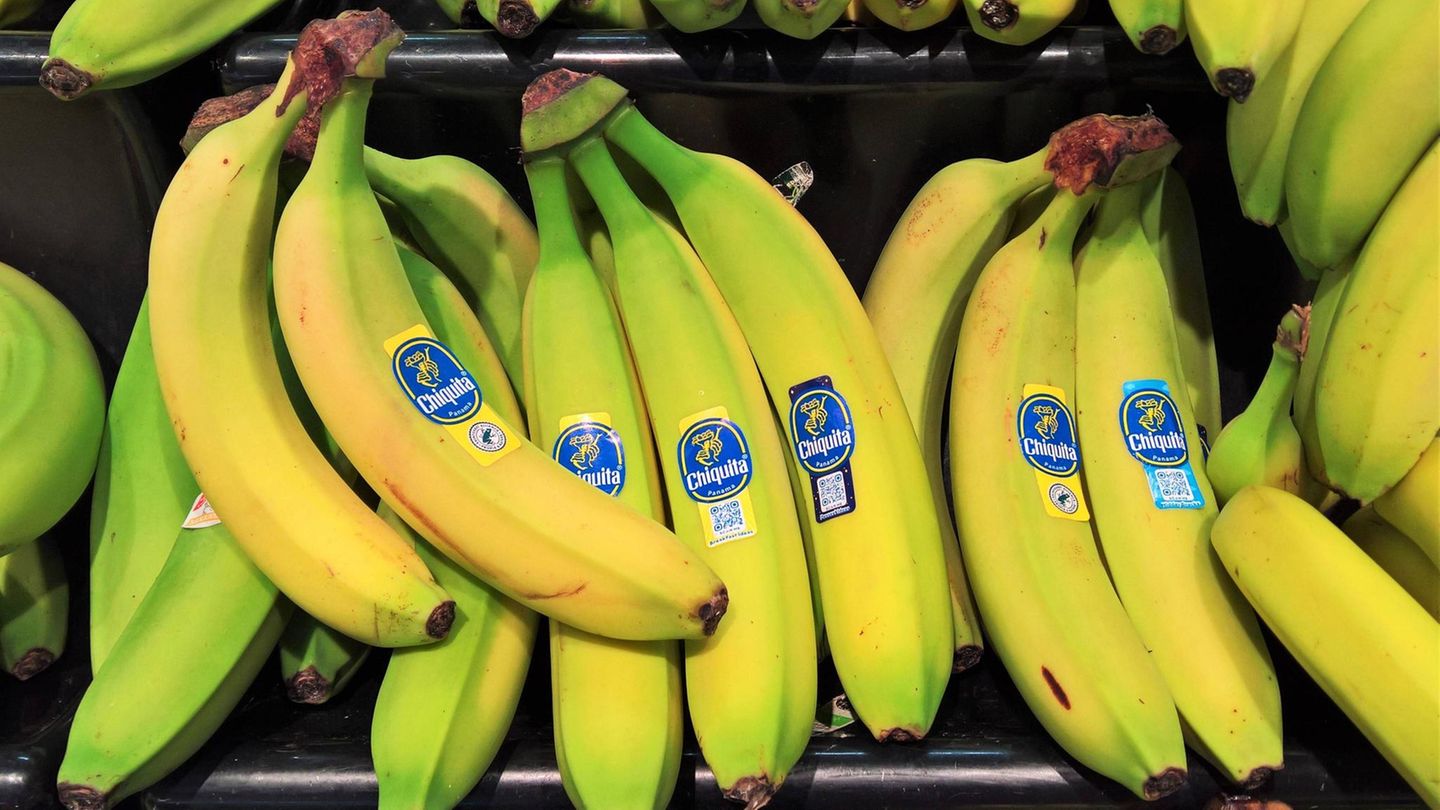The US banana company Chiquita has been convicted of financing human rights violations abroad. Now thousands of victims could sue for compensation. This is not the first time that Chiquita has been criticized.
The US banana company Chiquita has once again been ordered to pay millions in damages because of its links to a paramilitary group in Colombia. A jury in the US state of Florida ruled on Monday that the company must pay $38.3 million in damages to the families of eight Colombian men killed by the United Self-Defense Forces of Colombia (Autodefensas Unidas de Colombia – AUC).
Chiquita knowingly provided financial support to the AUC, which posed a foreseeable risk of harm. The company was unable to prove that the financial contributions were protection money intended to avert an imminent threat to the company or its employees. In a statement to CNN, Chiquita said it intends to appeal the jury’s verdict.
“Landmark ruling” against Chiquita
“The situation in Colombia has been tragic for so many, including those directly affected by the violence there. Our thoughts are with them and their families. However, that does not change our belief that there is no legal basis for these claims,” CNN quoted the statement as saying. “While we are disappointed by the decision, we remain confident that our legal position will ultimately prevail.”
The lawyer for the families of those killed stated: “The verdict does not bring the husbands and sons who were killed back to life, but it sets things right and puts the responsibility for financing terrorism where it belongs: at Chiquita’s door.” The company had already been fined $25 million in 2007 for similar charges. The company had pleaded guilty to paying protection money for the safety of its employees between 2001 and 2004, according to a statement from the US Department of Justice (DOJ).
The “landmark ruling” was preceded by 17 years of legal efforts, as the British “Guardian” summarizes. It is the first time that the multinational fruit company owes compensation to Colombian victims. This now opens up the possibility for thousands more people to demand redress.
The paramilitary AUC was classified as a terrorist organization by the US government and the EU. The militia was considered one of the most brutal groups in the country until it was officially disbanded in 2006.
This is not the first time that the world-famous banana company has been criticized:
- Complaints about poor working conditions began early on. In 1928, workers in Ciénaga, Colombia, went on strike. The country’s army helped to suppress the industrial action and ended the uprising with a mass execution. The crime went down in history as the “banana massacre.”
- Major players in the industry such as Dole, Noboa and Chiquita were accused of using child labor at suppliers in Ecuador in 2002. However, the companies were largely able to legally exempt themselves from responsibility for their suppliers.
- Harmful , in which plantation workers come into direct contact with the pesticides, has been criticized by unions for years.
- According to the Colombian government’s final report in 2023, Chiquita previously assisted the AUC in smuggling and smuggling drugs out of the country.
The term “banana republic” is also indirectly related to Chiquita. At the beginning of the last century, Honduras, Guatemala and the Democratic Republic were so controlled by large banana traders – including the United Fruits Company, the predecessor of Chiquita Brands International – that their power exceeded that of the local governments. The writer is said to have coined the term – which is now seen as racist – for the first time in connection with this grievance in his work “Cabbages and Kings”.
Sources: , with news agencies
Source: Stern




